News Archive
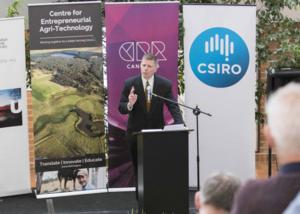
Over the past 18 months, Professor Atkin has worked to bring ANU and AgriTech companies closer together to foster industry collaboration in the area of crop sustainability as a result of a changing...
6HruGCBx8PXC8ezdD
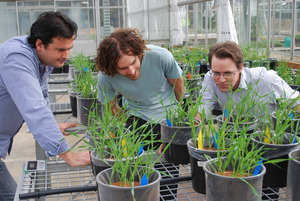
zxQmKmhvwoMtiBpCC
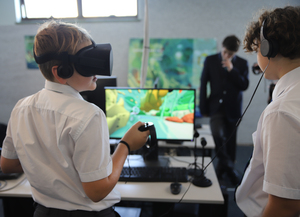
Virtual Plant Cell (VPC) is being trialled with school students at Trinity College, taking the cutting-edge virtual reality technology into the classroom and providing a fun, interactive educational experience for them.
PEB Science Communications...
3RH6ieiDhfja8PDYe
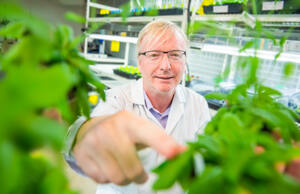
The findings, just published in The Plant Journal, could lead to new approaches to optimising plant growth and productivity – from field-based farming to intensive horticulture...
785DPmeSLQRXW2xb4
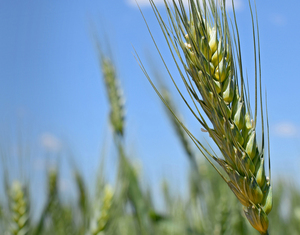
The Congress is an important, triennial meeting supported by IPMB and the American Society of Plant Biologists and is expected to attract over 1,200 of the world’s leading plant molecular biologists and agricultural corporations.
The successful...
JjHzEXoLfjjakn9MD
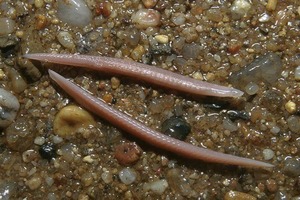
The research focused on a marine organism, a creature called amphioxus (also known as “the lancelet”), to explore some of the steps that took place as animals evolved from invertebrates (animals without a backbone) to more complex back-boned vertebrates, including...
sMfYLoHzrjDZ9NteQ
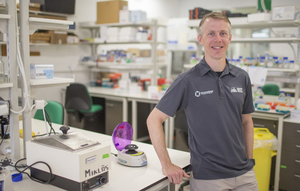
Story originally published by ANU Newsroom
Dr Derek Collinge has redefined his position as Laboratory Manager for the Australian Research Council...
4cFinWetprRntghQE
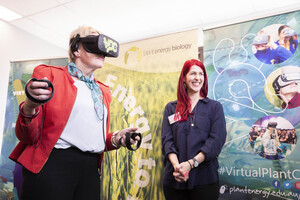
The showcase, hosted in the state-of-the-art VR facility of partner school Trinity College, aimed to highlight the pioneering work being done for VR education to guests from government, industry and the education sector.
In a special address from the...
hTMfLFo6G4Mc98BjK
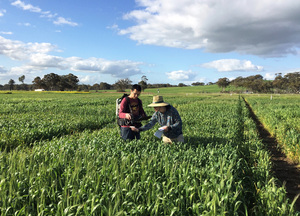
Field workers and researchers will compile data on crop varieties, their growth, and how they are impacted by weather conditions, soil varieties and fertilisers. The WA data along with national data will be made broadly available to farmers through the...
dPQpkDHGQa7kRiH33
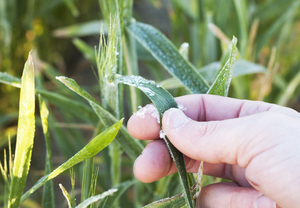
The discovery, published in New Phytologist, could be used to produce frost-resistant crops, which would save the agricultural industry millions of dollars every...
BscogoCMJXomuFn3c
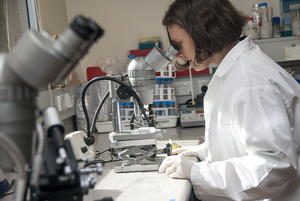
Dr Caitlin Byrt, at the University of Adelaide has received Future Fellowship funding to decipher how plants control water and salt co-transport.
Her project aims to increase understanding of how plant cells regulate solute...
c2EtmZ3Ta3Tiq5vCM

Dr Caitlin Byrt, from the University of Adelaide, was announced as a finalist for the Macquarie University Eureka Prize for Outstanding Early Career Researcher, and Professor Barry Pogson, from the Australian National University, is a finalist for the University...
827WfSCoAgsCZdc94

Virtual Plant Cell: Classroom VPC is now being trialled with school students at Trinity College, taking the cutting-edge virtual reality technology into the classroom and providing a fun, interactive educational experience for them.
PEB Science...
dbHnHrfoCM6Ms4TKi
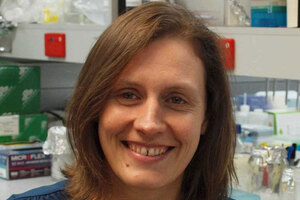
Caitlin is a Postdoctoral Research Fellow in the University of Adelaide’s School of Agriculture, Food and Wine and the ARC Centre of Excellence in Plant Energy Biology at the Waite Research Precinct.
Her expertise is in the area of plant biology,...
YXKqGojHYy8abLAjx
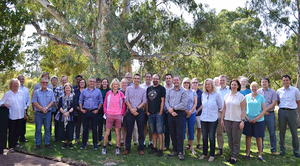
The April workshop, held in Adelaide, aimed to develop an energy budget for the different mechanisms of salinity tolerance in crop plants. Such a budget will serve as a guide to the most cost-effective breeding strategies to increase salt tolerance and yield of...
jQzsXh4QgzFQm7C2v
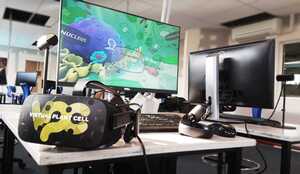
This ground-breaking activity will see educational virtual reality (VR) being used to teach high school science.
Classroom VPC will be run on high-end VR headsets, called Oculus Rifts, allowing a whole class of students to explore the microscopic...
wKCXNWQa8KYicdvEZ
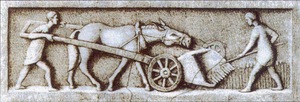
In research published today in the journal Scientific Reports, ARC Centre of Excellence in Plant Energy Biology scientists at the University of Western Australia...
Y2ALqqW5mHqBf6Jep
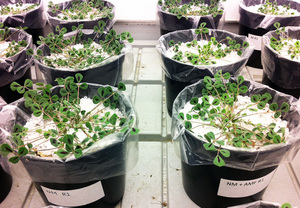
Researchers studying mycorrhizal fungi don’t generally use natural field soils in their experiments. Instead, they use sterilised soil that has been inoculated with mycorrhizal fungi to minimise contaminants and other variables.
New research...
6ScKBwtcemaimXPya
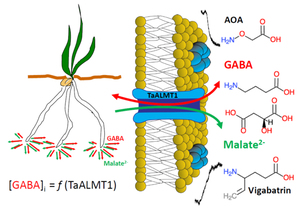
Researchers have discovered that drugs used in the treatment of certain brain disorders, including epilepsy, also alter signalling processes in plants under stress.
Published in the journal The Plant Cell, the finding uncovers a key mechanism in the...
5xLGagjJnc6o9DsmQ
